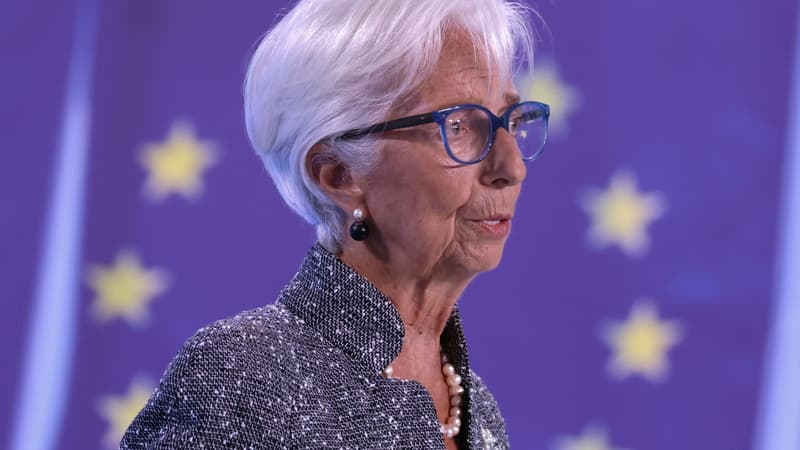Internal tensions in the European Central Bank. According to the information of the Financial Times, the elected officials of the ECB staff criticize the “anti -democratic” behavior to the government of the institution whose siege is in Frankfurt, Germany.
And for a good reason: the ECB proposed to force the representatives of the staff of the financial institution to dedicate part of their time to their daily work. However, according to German law, the latter can devote himself full time defense of the interests of the personnel … and this, while receiving his salaries in its entirety.
In a letter addressed to the president of the ECB, Christine Lagarde, and consulted by the British Economic Daily, the president of the Personnel Committee, Carlos Bowles, qualifies the British institution as “legal strength that has no account to be returned.”
According to the information of the Financial Times transmitted in a previous article, on May 12, the ECB already proposed to reduce the daily time dedicated to the 75% personnel representation for the spokesman for the committee and only 50% for other elected officials.
Carlos Bowles had not yet failed to react to LinkedI’s social network, considering that “the independent ECB cannot effectively work if his staff fears expressing their opinions for fear of reprisals.”
Favoritism and exhaustion
In the last letter addressed to Christine Lagarde, four of the long pages, Carlos Bowles even says that the treatment of the ECB has led “generalized complaints of favoritism, (…) high acquisition rates and the vulnerability of many colleagues who work within the framework of temporary contracts.”
In fact, according to a survey conducted in February by the internal union of the IPSO with 1,425 ECB employees and whose results were published on April 30, a large majority of respondents share their dissatisfaction with the transparency of internal recruitments and promotion processes.
77% of respondents on the survey consider that internal promotions to the ECB take place when you know the “good” people. On the contrary, only 34% believe that promotions are simply doing their job.
Source: BFM TV


